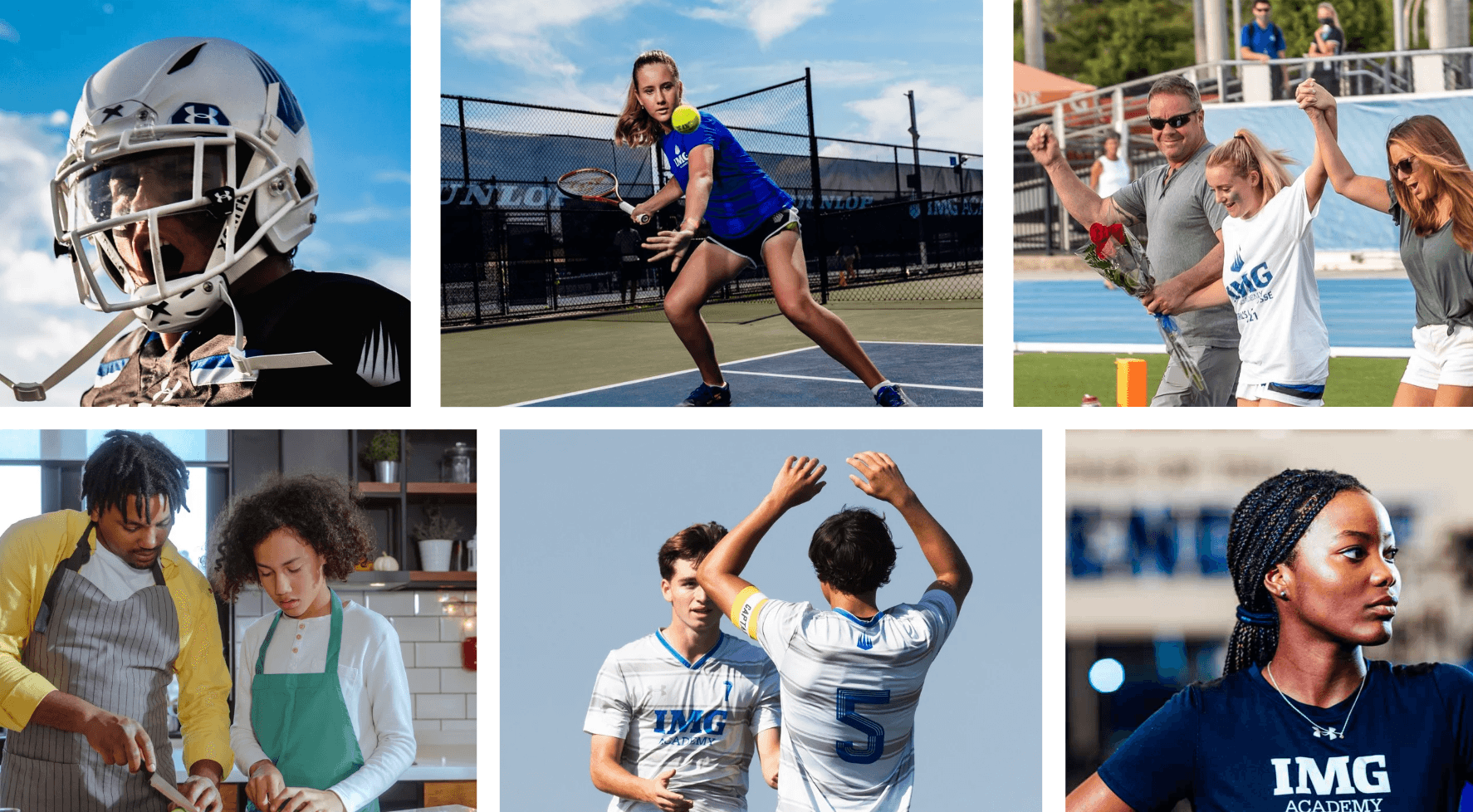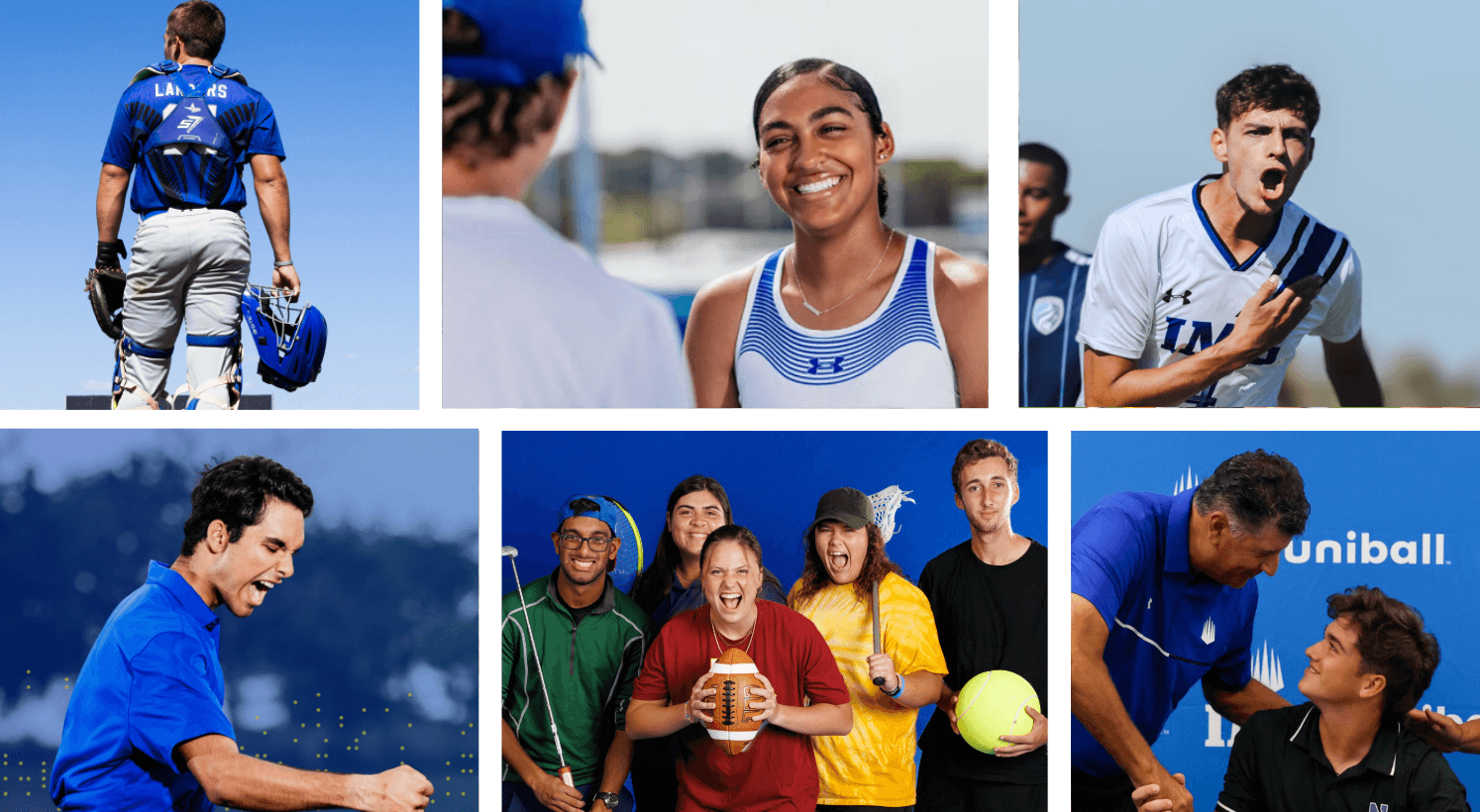A Parent’s Guide to the Resilience Training Framework


As a parent of a youth athlete, you've likely witnessed moments of frustration, failure, and self-doubt. Missed shots, tough losses, or emotional setbacks that leave your child discouraged. While it's tempting to step in and fix things, one of the greatest gifts you can give your athlete is the ability to bounce back stronger.
That's where the Resilience Training Framework, developed by Dr. Mustafa Sarkar, comes in. Grounded in sport psychology research, this framework outlines the building blocks of resilience. It provides a roadmap to help athletes not just cope with adversity but grow from it.
What Is the Resilience Training Framework?
Developed by Dr. Sarkar, a leading researcher in sport resilience, the framework breaks resilience into three core areas:
Personal Qualities
Facilitative Environment
Challenge Mindset
These components work together to help athletes develop the mental toughness to remain composed under pressure, learn from setbacks, and continue to show up with effort and belief, even when things get tough. As a parent, you play a powerful role in reinforcing this framework, helping shape your child's environment, mindset, and emotional skills.
The 3 Pillars of Resilience and How Parents Can Support Them
1. Personal Qualities: Building Inner Strength
This includes traits like confidence, motivation, focus, and emotional control. These qualities are shaped over time through experience, reflection, and support.
How you can help:
Encourage your athlete to identify their strengths, not just their results.
Talk about how setbacks are normal and temporary.
Model emotional control by remaining calm and supportive, especially when things don't go as planned.
Try saying: "That was a tough game, but I'm proud of how you kept pushing."
2. Facilitative Environment: Creating a Supportive Space
A facilitative environment is one where athletes feel both supported and challenged. It balances care with accountability and encouragement with honest feedback.
How you can help:
Be their biggest supporter, not their personal coach. Let their coaches handle skill development—your role is emotional and motivational support.
Avoid putting pressure on performance. Instead of asking, "Did you win?" try, "What did you learn?"
Celebrate effort, consistency, and character, not just outcomes.
This type of environment builds the safety and trust athletes need to grow through challenges.
3. Challenge Mindset: Seeing Pressure as a Chance to Grow
A resilient athlete sees challenging moments not as threats but as opportunities to improve. This mindset doesn't mean ignoring stress—it means leaning into it with confidence.
How you can help:
Reframe pressure situations: "This is a chance to show what you've been working on."
Praise your child for taking risks and learning new skills, even if they don't succeed right away.
Remind them that growth happens in uncomfortable moments.
Over time, your athlete will begin to view setbacks not as failures, but as fuel for growth.
Why This Matters
Resilience isn't just for sport, it's for life. Athletes who develop resilience are better equipped to handle challenges in school, in their relationships, and in their future careers. The Resilience Training Framework provides them with the tools to face pressure with grit, bounce back from failure, and continue growing, both on and off the field.
The Bottom Line for Parents
You don't need to solve every problem or protect your athlete from every tough moment. Instead, focus on creating a space where they feel safe to fail, supported when they struggle, and challenged to grow. By helping them develop personal strengths, surrounding them with encouragement, and promoting a challenge mindset, you're not just raising a better athlete. You're raising a more resilient, confident, and capable young person.
Resilience can be trained, and you are one of your child's most powerful coaches.

Dr. Derek Marr is a Certified Mental Performance Coach with over 16 years of experience in sport psychology and coaching. He holds a Doctorate in Sport Psychology from the University of Missouri and currently leads the Applied Sport Psychology graduate program at Northern Michigan University.
Dr. Marr has coached at all levels, from high school champions in Michigan to college teams at Baylor and the University of Missouri. His athletes have earned over 50 NCAA All-American honors and multiple national titles.
He's passionate about helping athletes build a winning mindset on and off the field. Dr. Marr lives in Marquette, Michigan, with his wife and two sons.
Like this article? Access more in the full resource library.


Start Achieving Your Goals With Essentials
- Unlock the full Essentials experience
- Get recommended content based on your interests
- Dive into content on mental performance, nutrition, college recruiting, sports training and so much more!